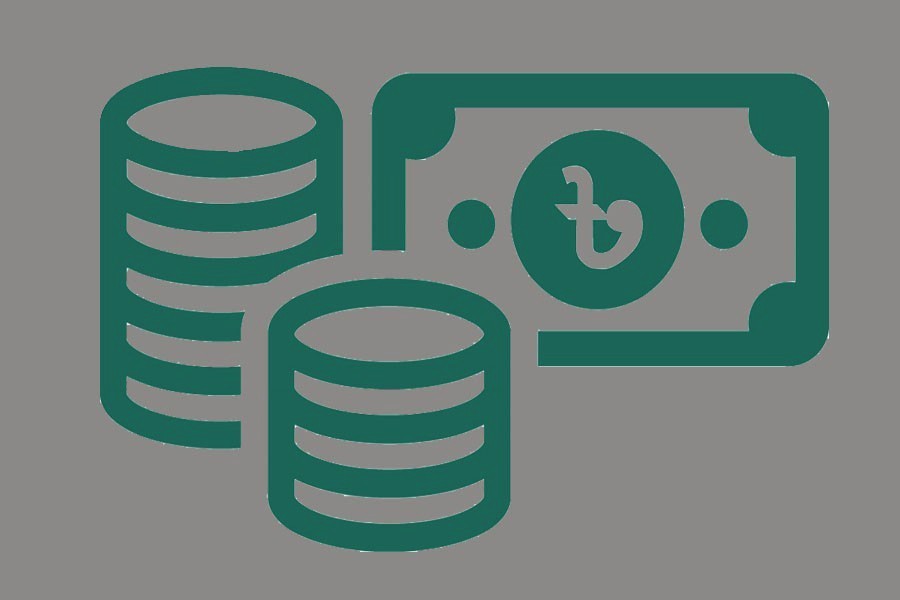Bangladesh's economic health will improve if the ongoing IMF loan programme is implemented properly, says an executive of the Fund that disapproves of blanket subsidies.
Krishna Srinivasan, director for Asia-Pacific Department of the International Monetary Fund, is of the opinion that the IMF loan arrangement will address the issues in the financial sector and that is the key part of the recipe.
"Once the programme is well implemented...you will see the reversal of the present economic situation," he said to a query from journalists.
He was speaking to a group of South Asian journalists on Tuesday afternoon in New Delhi. The journalists were attending a training programme on economic and financial reporting in the Indian capital.
Mr Srinivasan said the objective of the $4.7-billion IMF loan, of which the first tranche was released early this month, is to bring macroeconomic stability in Bangladesh.
Terming the loan programme "homegrown", he said the programme is prepared aiming to improve fiscal situation, revenue mobilisation, and raising gross domestic product (GDP), among others.
Turning to the banking sector, the IMF regional director said "clearly, the state-owned commercial banks were in the weaker side", but, during the pandemic period, they provided support to the economy.
"There were shortcomings on regulations and supervisions of banks which need to be addressed," he said.
On repeated adjustments of energy prices to cut government subsidy spending which is putting further pressure on poor people he said, "Not all subsidies are good and not all subsidies go to the poor."
In Bangladesh, he noted, huge subsidy is given on gas and electricity.
Poor people do not consume a lot of electricity. "Rich people do not deserve to get subsidy in the context of a country going through fiscal problems."
Thus, he said, the IMF always suggests providing "targeted support, not blanket subsidy".
The government had sought the IMF funds to prop up the country's foreign-exchange reserves that got under stresses for higher spending on imports for global price rises that outstrip earnings from exports and remittances, among others.
In a bid to navigate the global economic crisis for pandemic and war, the government cut imports under an austerity recipe and also repeatedly raised utility tariffs.
Economists are apprehensive of domino effect of both on domestic production, consumption and job situation among other fallouts on the downside of the macroeconomic front.


